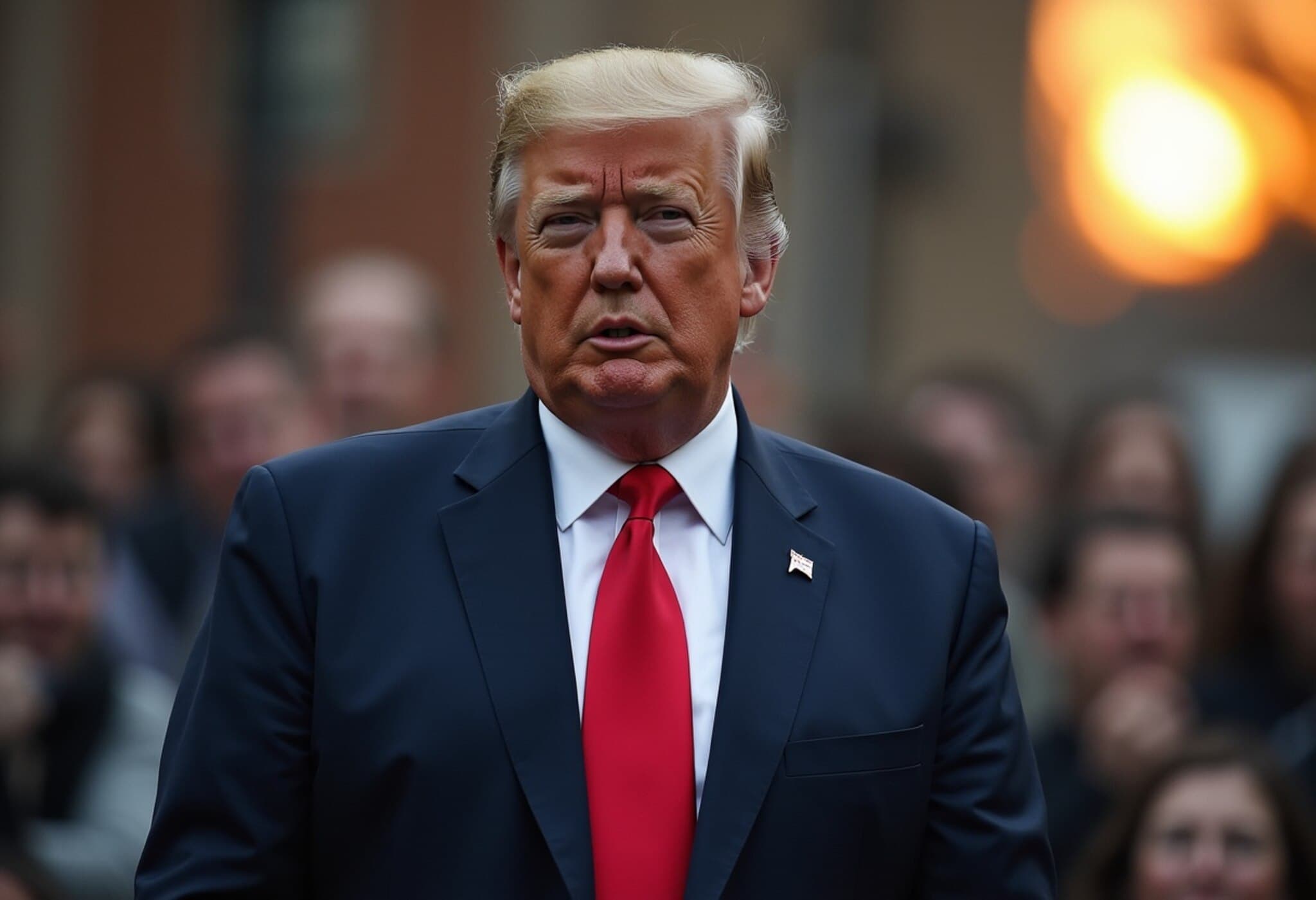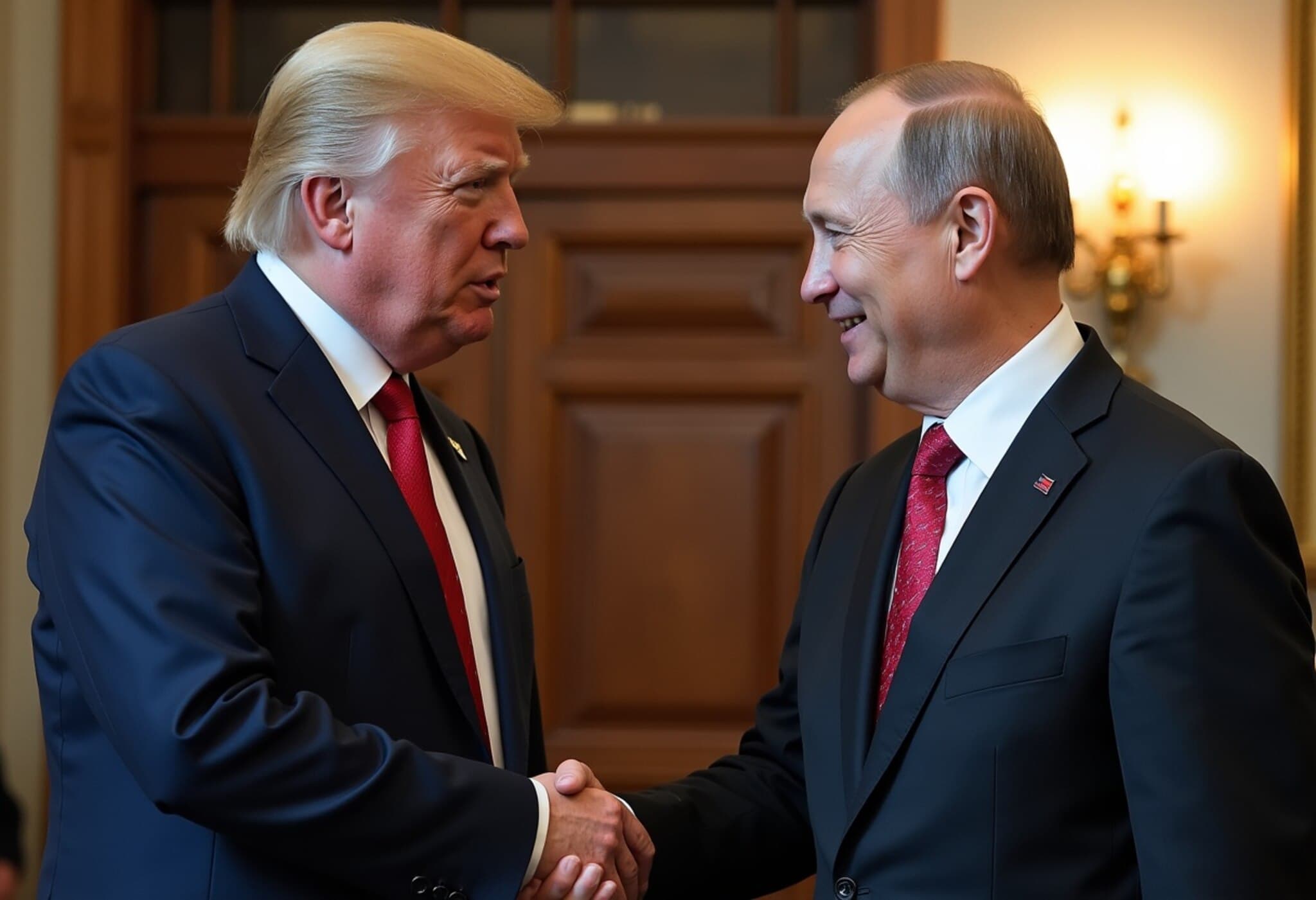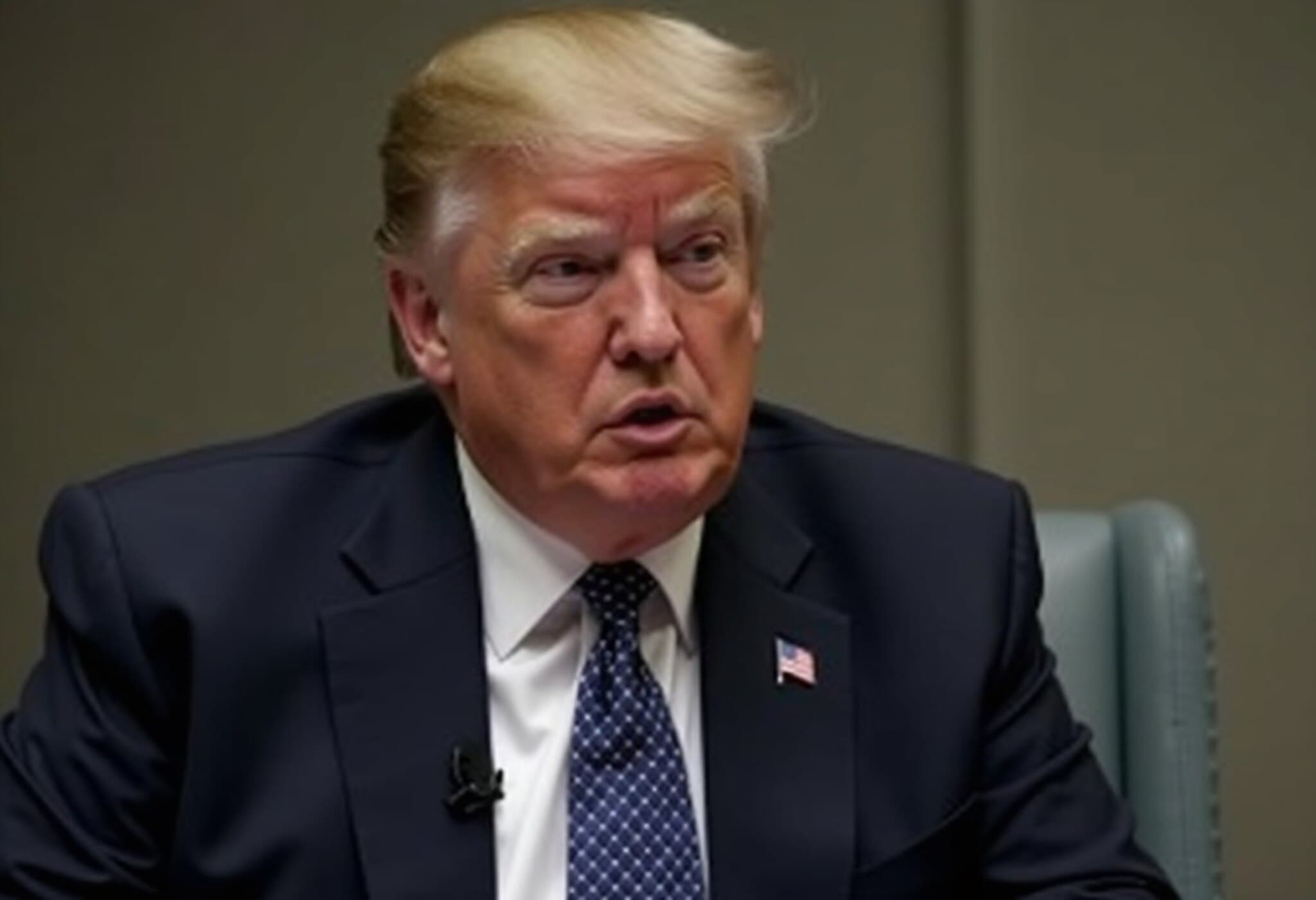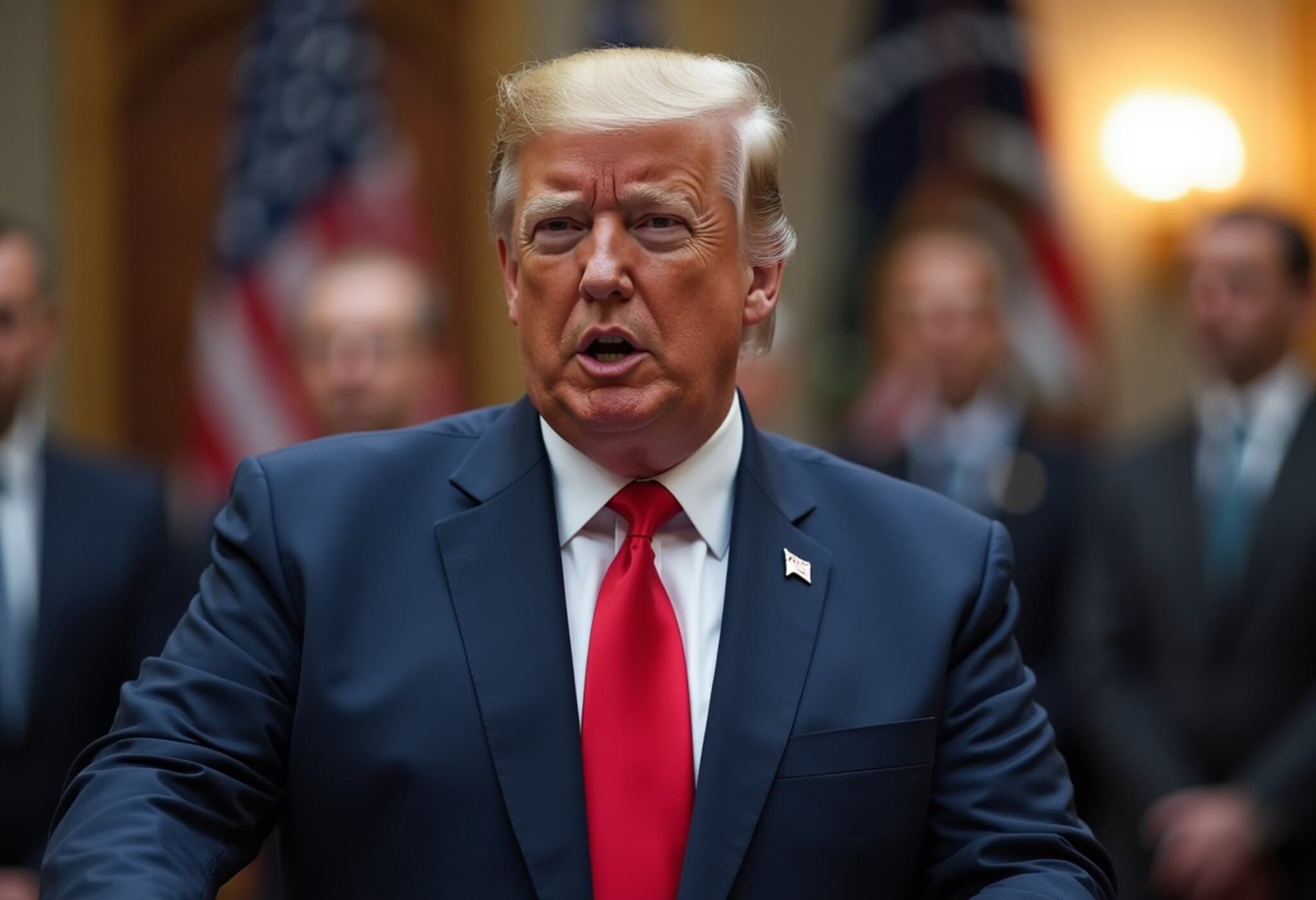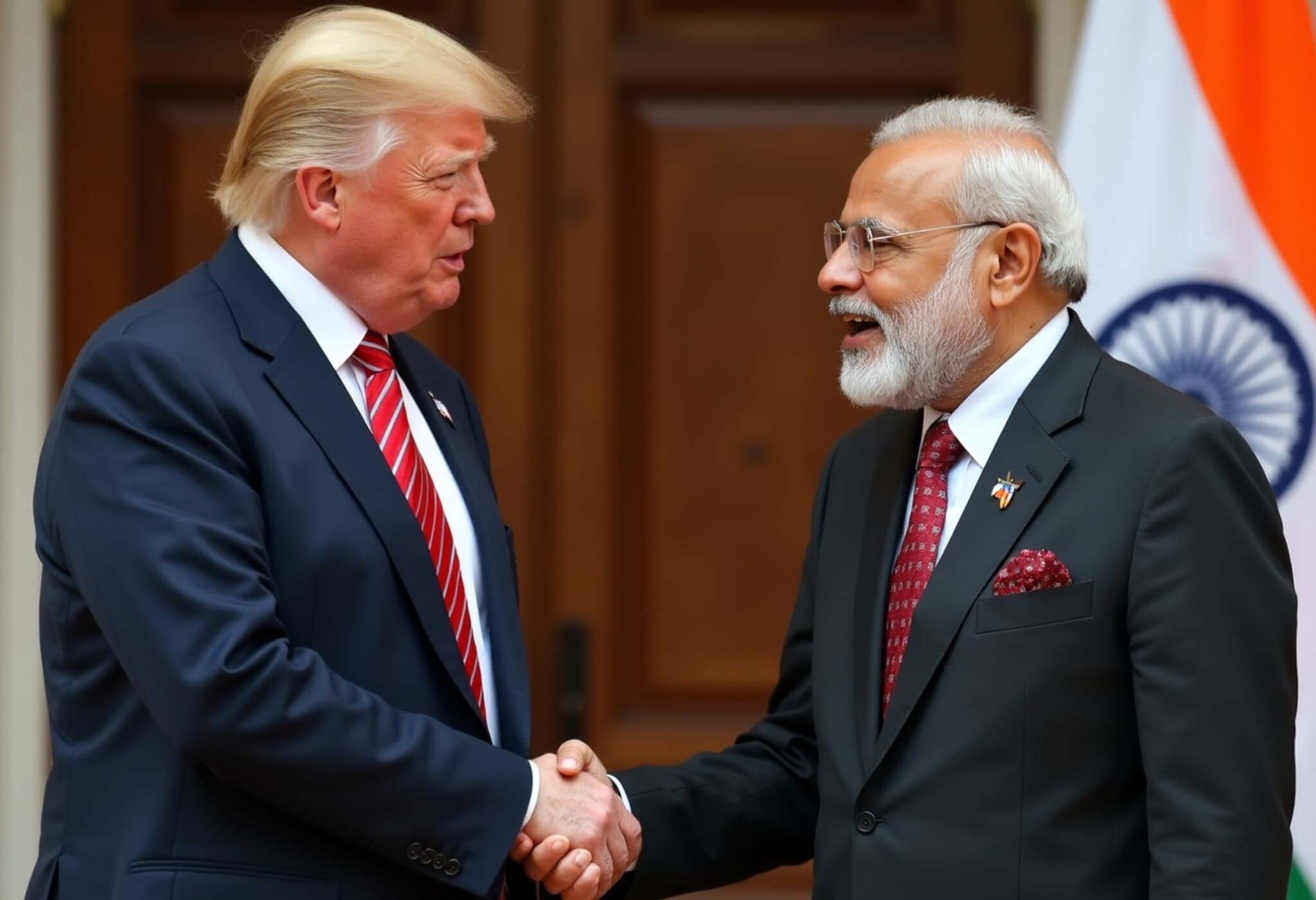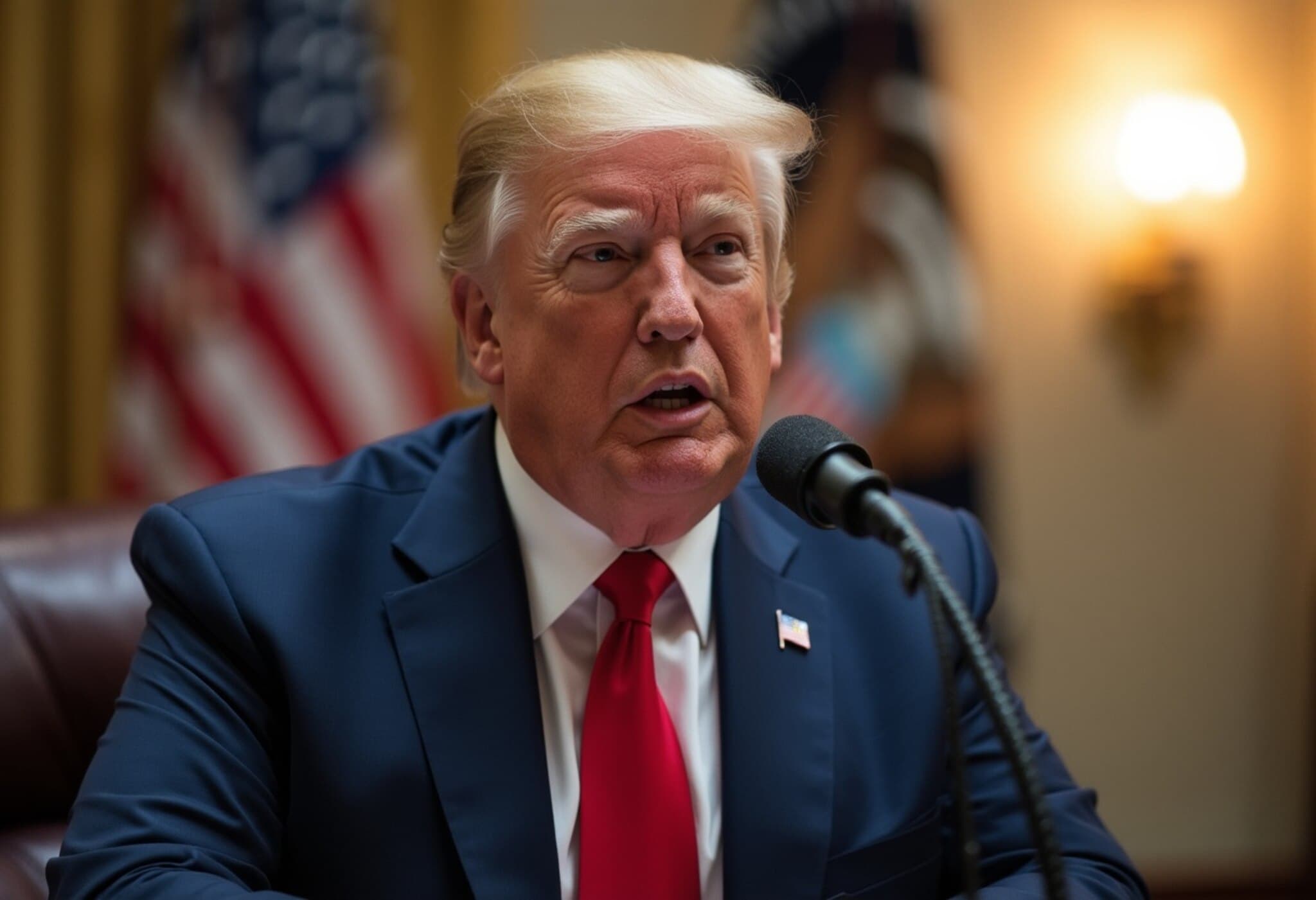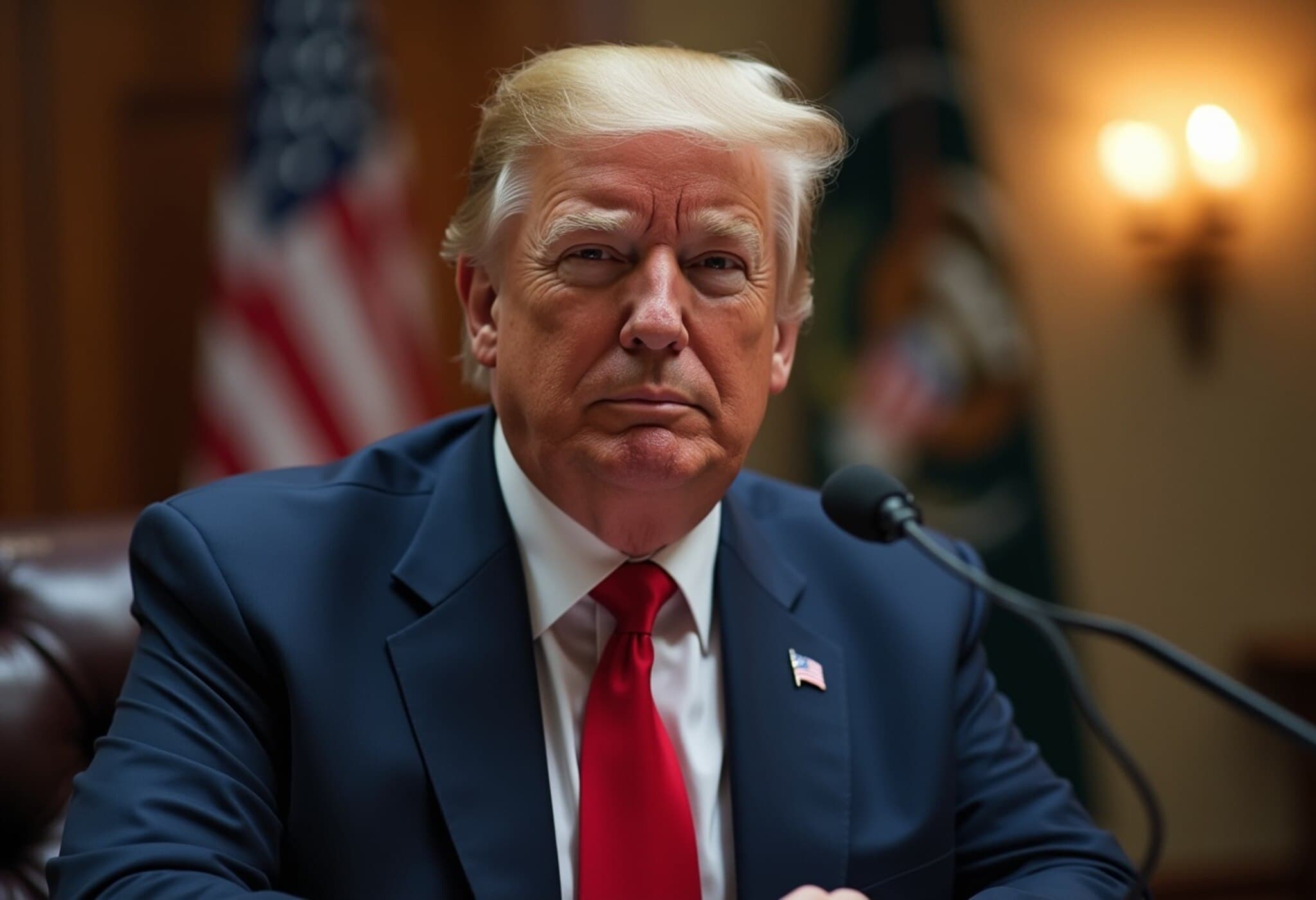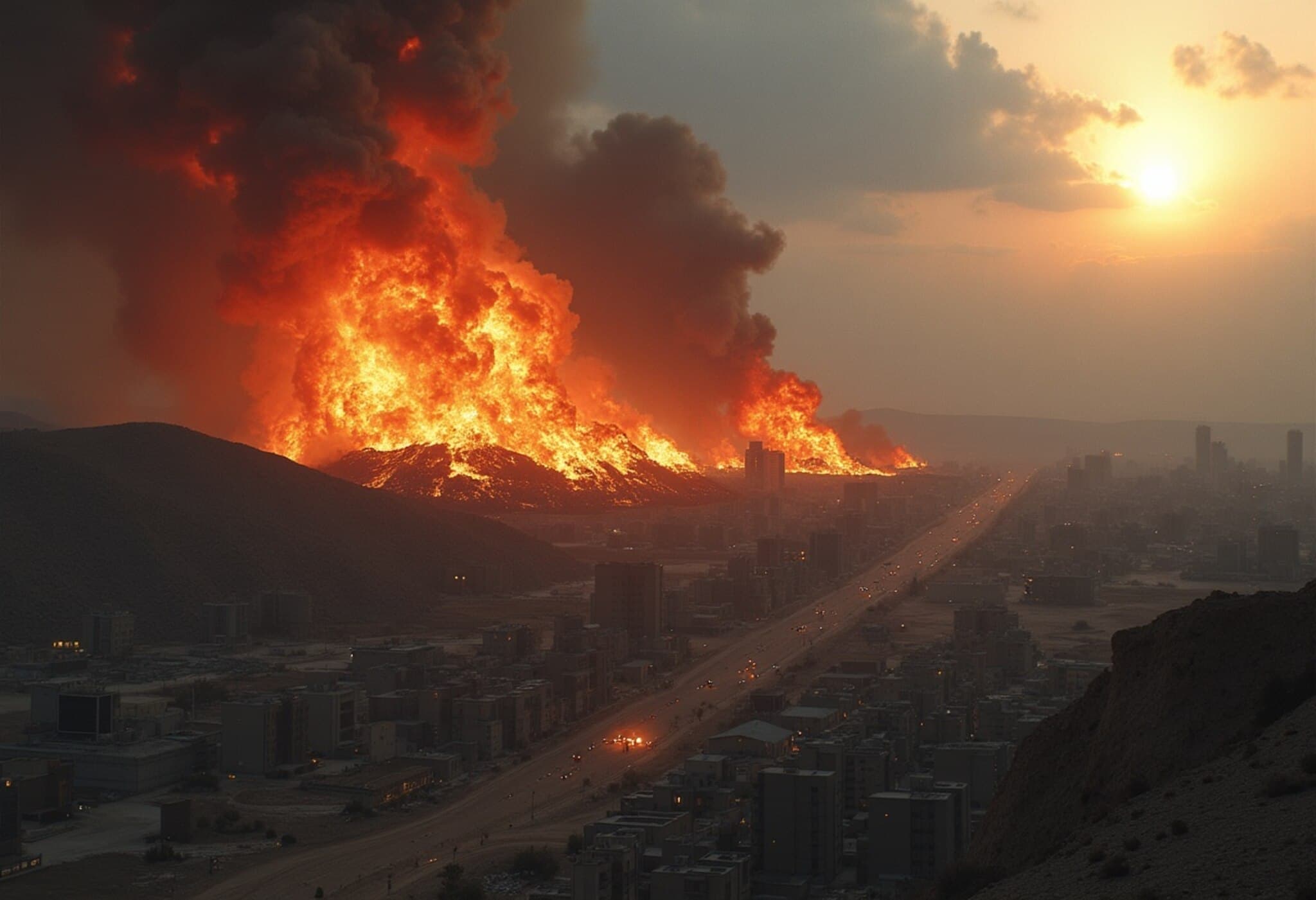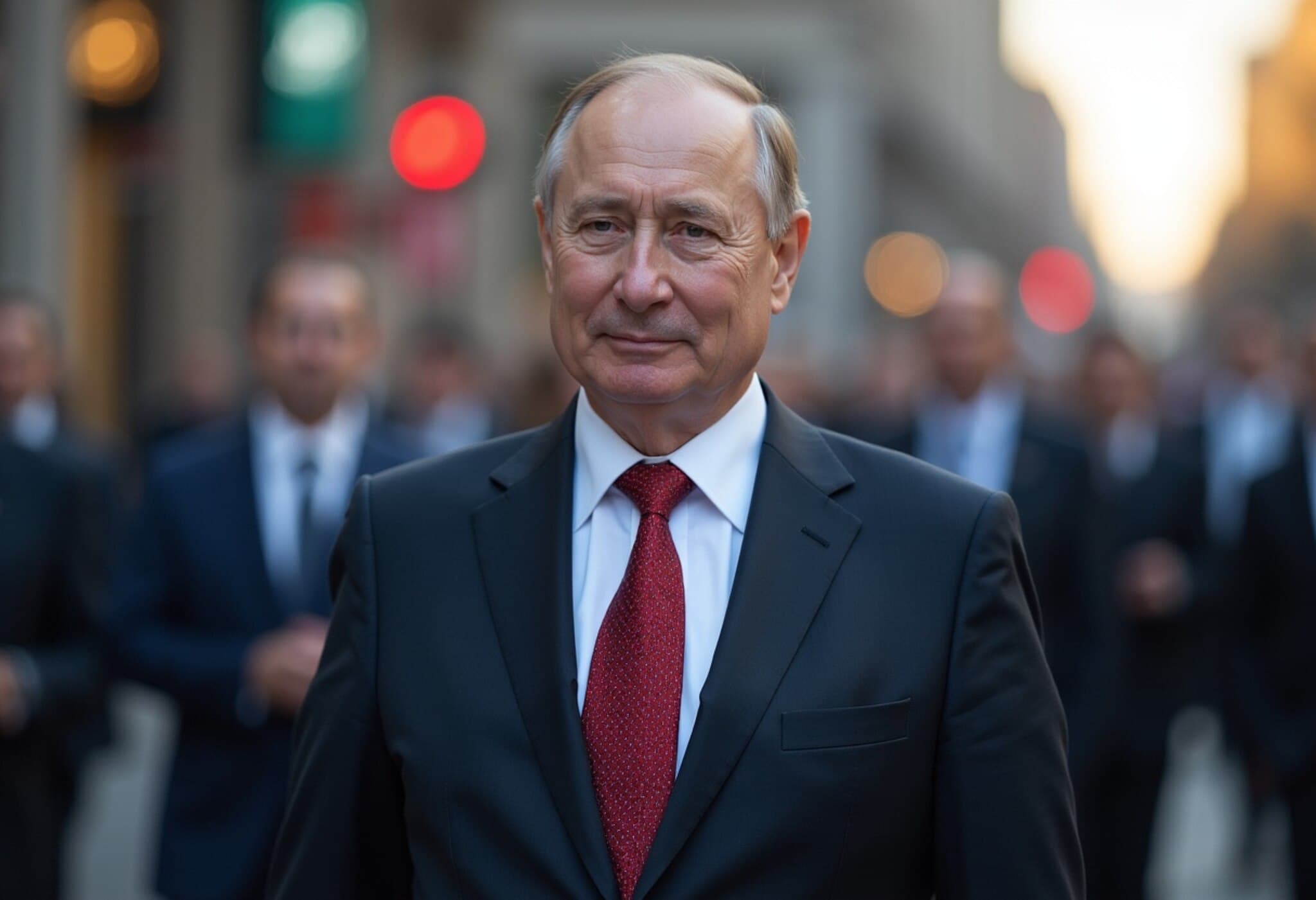Trump’s Unique Approach to Peace: Declarations Over Diplomacy
In the world of Donald Trump, peace isn’t a result of careful negotiation or quiet diplomatic effort. Instead, it’s something declared boldly on social media platforms, often before any real progress is made behind closed doors. Rather than engaging in traditional diplomacy, ceasefires are announced with flair and fanfare, more storytelling than statecraft.
This style recalls the historic irony of the Chamberlain legacy, where peace declarations famously turned into symbols of diplomatic miscalculation. Just as Neville Chamberlain’s “peace for our time” became synonymous with appeasement failures, Trump’s digital pronouncements now echo as hopeful illusions rather than tangible outcomes.
Examining Trump’s Most Notorious Ceasefire Announcements
Russia–Ukraine Conflict
On May 19, 2025, Trump claimed he had triggered immediate negotiations between Russia and Ukraine following a conversation with Vladimir Putin. However, the reality was starkly different. Russia’s official response was lukewarm, Ukraine made no acknowledgment of any talks, and hostilities continued unabated. Despite the claim, the conflict showed no signs of easing, leaving the so-called ceasefire strictly theoretical.
India–Pakistan Border Tensions
In May 2025, Trump publicly took credit for averting war between India and Pakistan, boldly stating, “I stopped a war.” Yet, Indian authorities dismissed this assertion, attributing any reduction in tensions to direct military dialogue between the two countries rather than external intervention. Meanwhile, Pakistan, in a surprising twist, nominated Trump for the Nobel Peace Prize even as regional strikes against Iran were unfolding—demonstrating the complexities behind these peace claims.
Israel and Iran: “Complete and Total Ceasefire”
The most dramatic claim came on June 23, 2025, following U.S. airstrikes on Iranian nuclear facilities. Trump declared a “complete and total ceasefire now in effect.” However, within hours, Iranian missiles struck Israeli cities, provoking retaliatory strikes. Officials from both nations swiftly denied any ceasefire was in place, revealing the declaration as disconnected from the ground reality.
Peace as a Narrative, Not a Negotiation
In Trump’s world, foreign policy seems less about signed agreements or lasting peace and more about narrative control. Ceasefires become press releases without the painstaking work usually required to achieve them. These announcements cater to an audience eager to hear promises rather than scrutinize facts.
This approach has forged a new, almost theatrical form of diplomacy—where actual progress is optional and public declarations substitute for dialogue. The Nobel Peace Prize, once a symbol of recognized achievement, turns into a talking point in a broader monologue rather than an acknowledgement of peace-building.
Ultimately, these episodes reflect a troubling pattern: peace in Trump’s timeline exists more in the realm of aspiration and social media performance than in genuine international cooperation.

